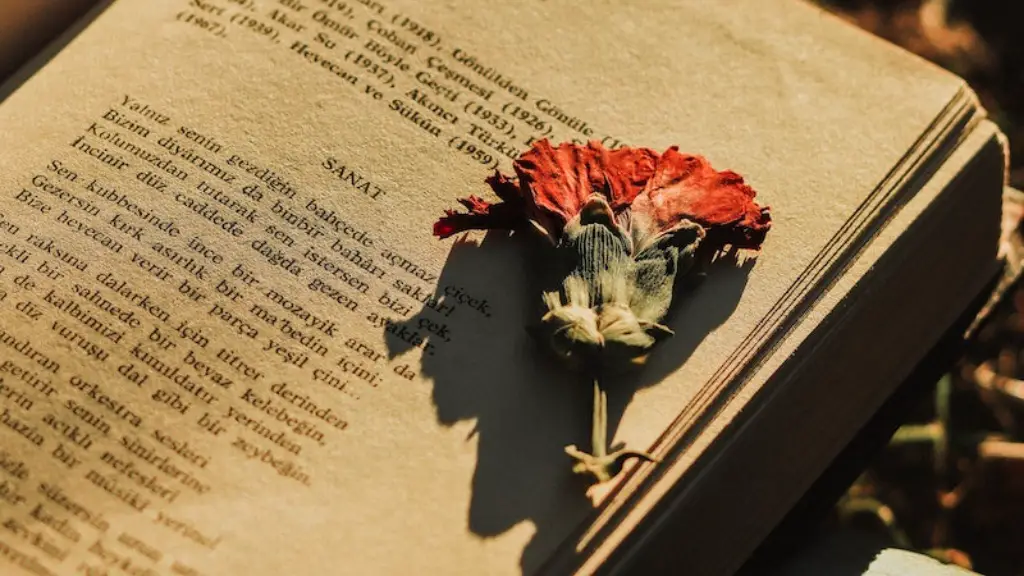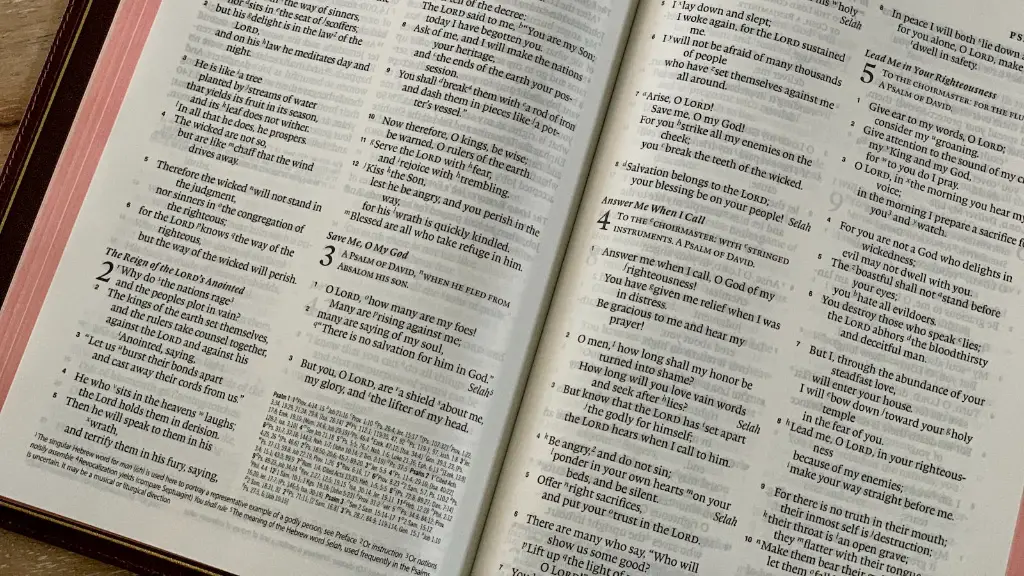Langston Hughes was one of the most iconic writers and poets of the 20th century. He is most famously known for his Harlem Renaissance poetry, but his works ranged far and wide. His works were marked by pride in African American culture, a spirit of optimism, courage, and hard work in the face of racism and segregation. Through his works, Hughes was able to express the experiences and feelings of African Americans in the early to mid-20th century, making his work truly timeless.
Born on February 1st, 1902 in Missouri, Langston Hughes was the first child of James and Carrie Hughes. His parents separated before Hughes was born and he was raised primarily by his grandmother, Mary Langston, in Lawrence, Kansas. He attended Lincoln University in Pennsylvania, graduating in 1929 with a bachelor’s degree in English. Later on, he attended Columbia University where he studied anthropology, law, and literature.
Before becoming famous for his poetry, plays, and short stories, Langston Hughes wrote short stories, novels, plays and lyrics for plays. He was also one of the earliest to write jazz poems, and was known as the “poet laureate of the Harlem Renaissance.” His use of African American vernacular English helped to make his work accessible to a wider audience. Combining this with his use of everyday events and images, Hughes was able to craft a distinct poetic voice that resonated across generations.
His most well-known poem, “The Negro Speaks of Rivers”, was written when Langston Hughes was just a young man. This poem catapulted Hughes into the public eye, and became a part of the Harlem Renaissance. His work was an important part of the artistic revolution of the 1920s and 1930s, which took the form of plays, novels, music and poetry. This period of rebirth in African American culture became forever known as the Harlem Renaissance.
During this time, Hughes wrote many famous works such as “Not Without Laughter” and “The Weary Blues”. He was a prolific writer, and his work was often seen as being a commentary on the state of African Americans in the 1920s and 1930s. His themes often centered around a sense of pride in African American culture as well as the struggles of African Americans in the face of racism and segregation.
In addition to his written works, Langston Hughes was an active member of the civil rights movement. His support of the movement earned him recognition from important figures such as Martin Luther King Jr., who called Hughes “the negro people’s bard”. His work has been widely read and studied in the last century, and his influence is still felt throughout popular culture today.
Langston Hughes And His Place In The Civil Rights Movement
Langston Hughes was an outspoken proponent for the civil rights movement of the mid-20th century. In addition to his written works, which often spoke of the plight of African Americans, Hughes was a vocal supporter of the movement. His work was embraced by many civil rights activists, including Martin Luther King Jr, who said of Hughes that he was “the negro people’s bard.” Hughes’s support of the civil rights movement also earned him the friendship of important figures in the movement such as A. Philip Randolph, Paul Robeson, and W. E. B. Du Bois.
Hughes was not just active in the civil rights movement; he was also a major supporter of progressive causes such as anti-lynching legislation and anti-racist housing policies. His support of these causes helped to further the civil rights movement, and his influence can still be seen in many of today’s progressive policies. In addition, Hughes’s support for the movement earned him recognition from influential political figures such as Franklin D. Roosevelt, who called him a “true servant of justice.”
Aside from his political activism, Hughes was also a powerful advocate for African American creativity. Through his written works, Hughes sought to inspire other African Americans to move beyond the narrow definition of creativity governed by societal norms and conventions. As Hughes wrote in his essay “The Negro Artist and the Racial Mountain”: “We younger Negro artists now intend to express our individual dark-skinned selves without fear or shame.” In this way, Hughes sought to empower African Americans to own their own unique creative voices.
Legacy Of Langston Hughes
Langston Hughes’s impact on the world of literature is far-reaching. His works, which helped to tell the stories of African Americans during a time of racial oppression, have inspired generations of readers, writers, and activists. His works have become part of the core curriculum in many English classrooms, and are still discussed and studied in universities across the world.
In addition to his written works, Hughes’s legacy also lives on through his poetry, plays, and novels. They have been adapted for the stage, screen and musical performances all over the world. His influence is also felt in popular culture; many prominent artists have been inspired by his works, including Kanye West, who sampled Roberts’s poem “I, Too” in his song “New Slaves.”
Though Hughes passed away in 1967, his legacy and his impact on the world of literature remain. His works, and more importantly, his unwavering commitment to telling the stories of African Americans, will never be forgotten.
Social Impact Of Langston Hughes
In addition to his literary works, Langston Hughes’s influence extended beyond the written word. Throughout his lifetime, Hughes was an active advocate for African American civil rights, and this advocacy can be seen in many of his works. His support of the civil rights movement earned him recognition from many of the movement’s leading figures, and his work helped to shape the discourse on African American life in the mid-20th century.
Hughes also had an immense impact on African American culture. His works gave African American readers an honest and authentic reflection of their lives and experiences. His work often provided a source of inspiration and hope during the dark days of racism and segregation. He was also a powerful advocate for African American creativity and helped to empower African Americans to own their own unique creative voices.
His influence still resonates in popular culture today, with prominent artists such as Kanye West sampling Langston Hughes’s work in their songs. His work is still studied and discussed in English classrooms and universities across the world, and his legacy will never be forgotten.
Critical Analysis Of Langston Hughes
Critical analysis of Langston Hughes’s work often focuses on its ability to capture the African American experience and to embrace elements of African American culture. His work often contains elements of African American vernacular and themes of civil rights and social justice. This combination results in a unique form of poetic expression that is both accessible and challenging.
Hughes’s work is also often noted for its ability to explore the complexities of African American life. His works go beyond the traditional image of the oppressed African American, and instead provide a nuanced exploration of the joys and struggles of African American life in the mid to late 20th century. His works provide a much needed perspective on the African American experience, and his influence is still felt today.
Not all critical analysis of Hughes is positive, however. Some critics have argued that Hughes’s work was often too simplistic, or that he was too romantic in his portrayal of African American life. These criticisms, however, overlook the complexity and sophistication of Hughes’s work, as well as his willingness to challenge the status quo and push for social change.
Conclusion
Langston Hughes was one of the most influential writers and poets of the 20th century. His works were deeply influential in the civil rights movement, and his influence can still be felt in today’s popular culture. His work provided an honest and authentic reflection of African American life in the mid to late 20th century, and this has inspired generations of readers, writers, and activists. His legacy will never be forgotten.




